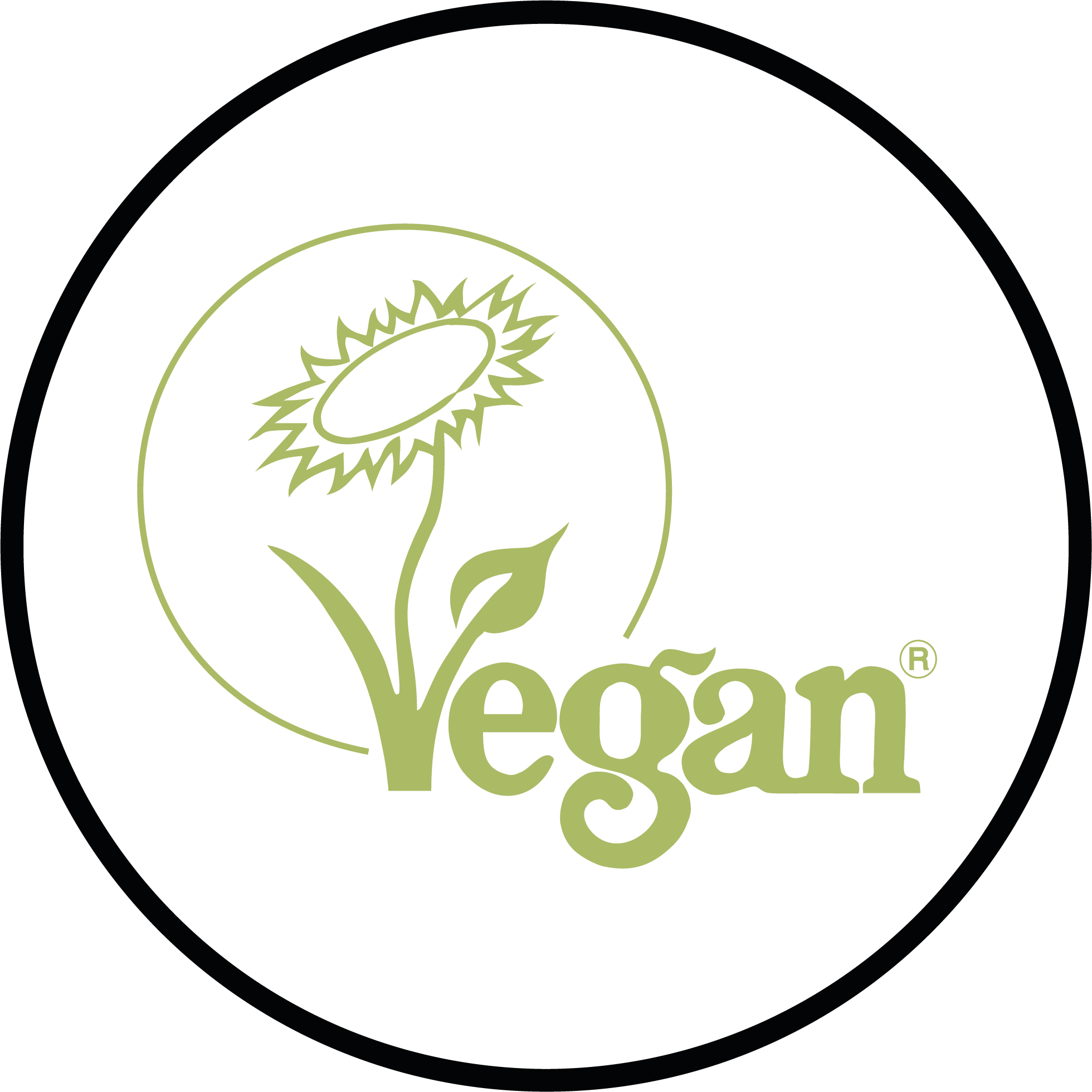Did you know that many of our allergies are closely connected to our gut health?
In fact, the lining of the gut contains tissues that makes up approximately 70% of the immune system.
We have learned over time that scientific research into some diseases has not always initially focused on the correct areas.
Early research into mental health illnesses such as depression focused on delivering medicines across the blood brain barrier for direct action on hormones such as serotonin in the brain - we now know that most of the body’s mood lifting hormone, serotonin, is largely produced in the gut, not just the brain.
It can be the same when we look at unhealthy immune responses.
We often focus on where the response is expressed such as the nose (sneezing), throat (soreness), lungs (coughing) and skin (eczema).
The first course of action might be to remove and protect yourself from these allergens; wearing wraparound sunglasses when outdoors, applying barrier eyedrops and using nasal sprays for example.
Using cough syrups (which have a weak evidence base), eye drops, nasal sprays and skin creams are only papering over the cracks, rather than dealing with the underlying problem.
Now that we are in hay fever season, we should take a moment to consider why the immune system overreacts to certain allergens such as pollen in the first place.
The real problem and source of the immune reaction is to be found within the Gut Associated Lymphoid Tissue, or G.A.L.T. This tissue produces more antibodies than the lymph nodes, spleen and bone marrow combined. Read more about the research into the roles of this tissue here.
The health of the gut tissue is fundamental to creating a strong barrier to infection and to reduce to immune response to allergens from our environment, food and drink. Gut health relies upon a healthy balance of bacteria, fungi and enzymes; called the microbiome. It is estimated that our microbiome contains a staggering 100 trillion such micro organisms. If the microbiome is unhealthy, due to a reduced variety and concentration of healthy bacteria or enzymes then the gut wall is prone to inflammatory reactions which we know causes redness and swelling. If this continues, the inflammatory reaction will provoke a complex immune response.
The first immune reaction is in the gut, but this can then produce a secondary allergic response elsewhere in the body; the nose, throat, skin etc.
You can read more research about the connection between the gut microbiome and allergic diseases here.
Advice for this hay fever season from The Naked Pharmacy includes the use of natural barriers to protect against pollen exposure but also to look towards strengthening the gut microbiome for optimum gut and immune health.
We recommend supplementing with:
- high strength turmeric and saffron; both are natural anti-inflammatory spices so great for improving gut health.
- a multi-strain probiotic such as our Gut Love.
- a natural aloe vera nasal barrier spray from Weleda called Rhinodoron, which will reduce sneezing and runny nose naturally.
We also advise to keep a check on refined sugar intake; sugar and high GI foods (that quickly convert to sugars) are pro-inflammatory (increase inflammation), so well worth reducing/eliminating if you have allergies.
Remember, happiness and contentment also strengthen the immune system.
At the end of the day, it is all about striking the right balance.
From Kevin Leivers, The Naked Pharmacy.









